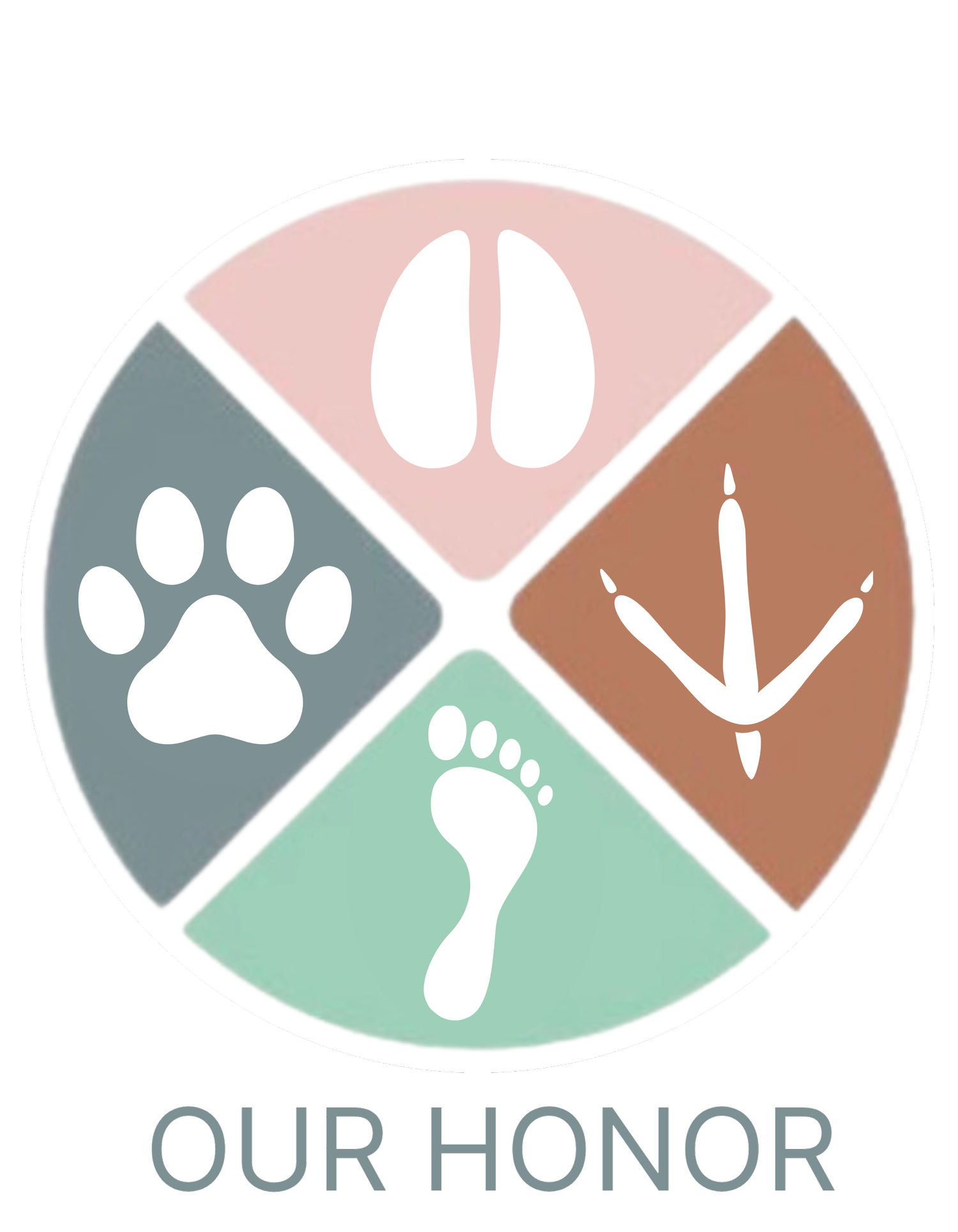Dr. Gwendolen Reyes-Illg to the AVMA: Please adopt a stronger stance on animal welfare issues
The AVMA is accepting comment on their Food Safety Policy. If you are an AVMA member please log in, read their policy and offer comment.
Dr. Reyes-Illg writes:
“Respectfully, I urge the AVMA to incorporate more detailed and specific language in this policy regarding the veterinarian's role in moving animal agriculture toward a more humane and sustainable system. Regrettably, in the United States, humane handling of farmed animals is covered primarily by food safety regulations, rather than recognizing domesticated animals as vulnerable members of our society who deserve protection regardless of their intended use by humans. Veterinarians, as patient advocates, must thus ensure animal welfare concerns are adequately covered in discussions about food safety.
Rather than simply stating that the AVMA advocates "humane treatment of animals throughout production, marketing, and processing," it would be worthwhile to spell out what "humane" entails. For example, it could be defined as providing animals with a life worth living, their entitlement to the five freedoms, and the need to include emotional, psychological, and social well-being in addition to physical well-being in our definition of welfare.
Specific food safety issues where the AVMA could advocate more strongly for humane and ethical animal treatment include: intensive confinement agriculture, solitary housing of social animals, the need to develop and increase use of FDA-approved analgesics for painful procedures and conditions, decreasing stocking density and improving air quality and sanitation to help eliminate the use of subtherapeutic doses of antibiotics and attendant issues with antibiotic resistance, and strengthening humane slaughter provisions both in the PPIA and HMSA regulations. Many of these issues have direct implications for food safety and worker safety.
To the extent that decreasing reliance on animal agriculture (especially in developed countries) is necessary to address climate change and improve global food security, AVMA should take a wider view of the food safety issue. Rather than advocate for increased reliance on animal products for protein, the AVMA should embrace alternatives to animal agriculture, such as plant-based protein and cultured meat. Decreasing the demand for animal products (esp. cheap animal products) would take the pressure off food production systems so that animal welfare and environmental protection could become more of a priority.
Sadly, the individual farmed animals who are our patients have very few advocates who speak up for their interests and perspective. Many see them merely as a means to an end. I hope that our profession can find the courage to effectively speak up for this patient population, and lead in animal welfare as society expects us to do.”
